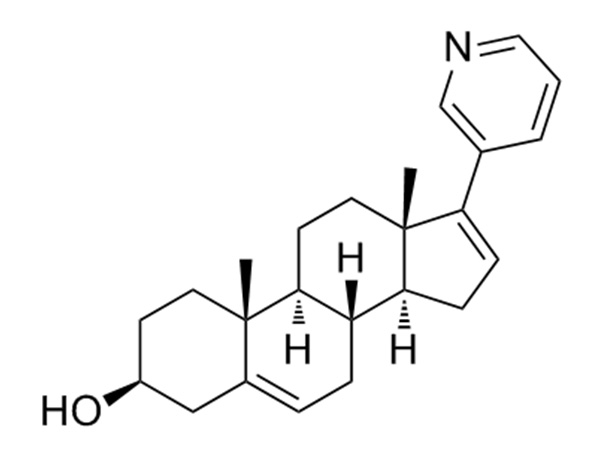Understanding Abiraterone: A Revolutionary Treatment for Prostate Cancer
2024-12-27
Abiraterone acetate, commonly known as Abiraterone, has emerged as a significant medication in the fight against prostate cancer, particularly in cases where the disease has spread or is resistant to other treatments. This blog will explore what Abiraterone is, how it works, and why it has become an essential part of prostate cancer therapy.
What is Abiraterone?
Abiraterone is an oral medication primarily used to treat metastatic castration-resistant prostate cancer (mCRPC). It was first approved by the U.S. Food and Drug Administration (FDA) in 2011. The drug belongs to a class known as androgen biosynthesis inhibitors and works by inhibiting the production of androgens (male hormones, including testosterone), which fuel the growth of prostate cancer cells.
Abiraterone is often used in combination with prednisone or prednisolone, a corticosteroid, to help prevent potential side effects from lowering androgen levels, such as adrenal insufficiency or excessive fluid retention.
How Does Abiraterone Work in Treating Prostate Cancer?
Prostate cancer often thrives in the presence of androgens, particularly testosterone. Abiraterone works by blocking the enzyme CYP17A1, which is crucial for the production of androgens in the body. By inhibiting this enzyme, Abiraterone effectively reduces androgen production, depriving the prostate cancer cells of the hormones they need to grow and spread. This reduction in androgen levels can slow the progression of prostate cancer, especially in cases where the cancer no longer responds to traditional hormone therapies.
Abiraterone does not only act on testosterone production in the testes; it also inhibits androgen production in the adrenal glands and tumors themselves. As a result, it offers a more comprehensive approach to hormone therapy for prostate cancer.
Primary Applications of Abiraterone
Abiraterone is primarily prescribed for the following conditions:
- Metastatic Castration-Resistant Prostate Cancer (mCRPC): This is a form of prostate cancer that no longer responds to treatments aimed at lowering testosterone levels (like surgery or other hormone therapies). Abiraterone helps slow the progression of the disease.
- High-Risk Castration-Sensitive Prostate Cancer: In some cases, Abiraterone is used in combination with chemotherapy or other hormone therapies for patients with high-risk prostate cancer before it becomes castration-resistant.
- Combination Therapy: Abiraterone is often used alongside prednisone to mitigate the side effects that arise from blocking androgen production.
Efficacy and Benefits of Abiraterone
Abiraterone has demonstrated significant efficacy in clinical trials, showing an ability to extend survival and delay disease progression in patients with metastatic castration-resistant prostate cancer. The medication can lead to:
- Prolonged Overall Survival (OS): Studies have shown that Abiraterone can extend the lives of patients by slowing the progression of the disease.
- Improved Quality of Life (QoL): By reducing the need for additional therapies and improving disease control, patients may experience a better overall quality of life.
- Reduced Tumor Size and Metastases: Abiraterone helps to reduce the size of the tumor and the spread of cancer to other organs.
Side Effects and Considerations
While Abiraterone has proven to be an effective treatment, it can cause a range of side effects, including:
- Fatigue
- Joint pain or swelling
- Elevated liver enzymes
- Fluid retention
- Hypertension
Because of these potential side effects, patients taking Abiraterone are often monitored closely by their healthcare providers. In addition, its combination with prednisone helps mitigate some adverse effects related to hormone suppression.
Abiraterone is a groundbreaking medication in the fight against metastatic castration-resistant prostate cancer. By targeting androgen production and blocking the enzymes responsible for tumor growth, Abiraterone offers patients a more targeted and effective treatment approach. However, like all cancer treatments, it is essential for patients to be closely monitored for side effects. With its proven efficacy and ongoing research into additional applications, Abiraterone remains a key player in prostate cancer therapy.



